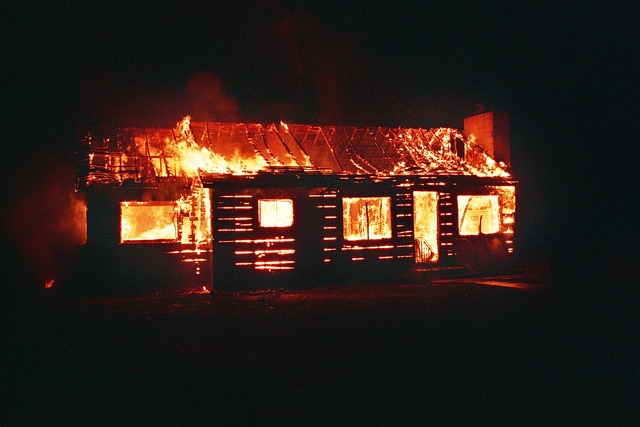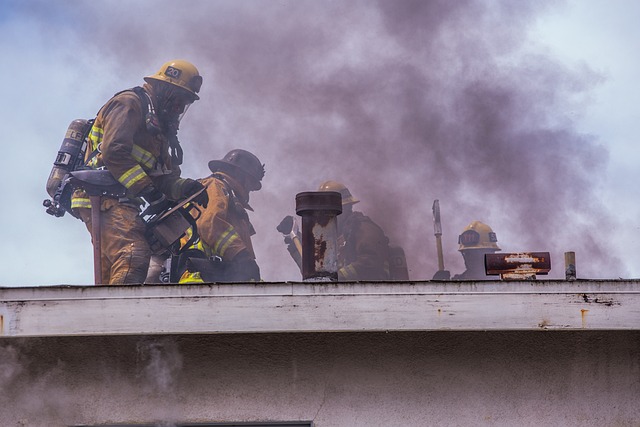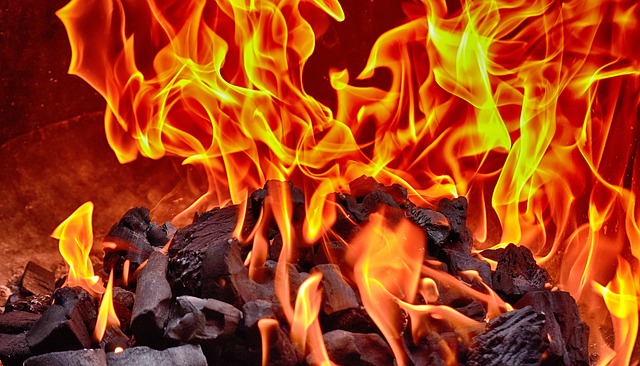In California, post-fire property valuation is critical for homeowners facing financial decisions after wildfires. Appraisers assess repair/rebuild costs and potential value diminution due to damage, considering market trends, local housing data, and fire extent. Insurance claims generally cover actual cash value at time of loss, which might differ from pre-fire market value. Understanding this process is essential when considering selling a house damaged by fire in California, where strategic planning, thorough documentation, and addressing safety concerns can lead to a successful sale.
After a devastating fire, assessing and valuing property becomes a delicate process. In California, understanding post-fire property valuation is crucial for both homeowners and insurance providers. This article navigates the intricate steps involved in evaluating fire damage, offering insights into legal considerations and insurance claims. We explore strategies for selling a damaged home, providing essential guidance for folks seeking to rebuild after such a traumatic event. Learn how to determine if your house with fire damage in California can be sold and what steps to take next.
- Understanding Post-Fire Property Valuation in California
- The Process of Evaluating Fire Damage
- Legal Considerations and Insurance Claims
- Strategies for Selling a Damaged Home Post-Fire
Understanding Post-Fire Property Valuation in California

In California, post-fire property valuation is a critical process that determines the financial fate of homeowners affected by wildfires. After a fire, it’s not uncommon for homes to sustain varying degrees of damage, from minor smoke and soot issues to complete structural loss. Understanding how this process works is essential for anyone considering selling a house that has fire damage in California.
When assessing a property with fire damage, appraisers consider both the cost to repair or rebuild and the potential diminution in value due to the damage. The state’s real estate market, local housing trends, and the specific extent of the fire all play significant roles in determining the property’s new worth. Homeowners should be aware that insurance claims typically cover the actual cash value (ACV) of their property at the time of loss, which may not always align with pre-fire market value, especially if the damage is extensive.
The Process of Evaluating Fire Damage

After a fire, assessing and valuing property damage is a crucial step in the recovery process. In California, where home fires can occur for various reasons, understanding how to evaluate such losses is essential for homeowners and insurance providers alike. The initial step involves a thorough inspection of the affected areas, documenting the extent of damage to structures, personal belongings, and any potential structural instability. This detailed examination sets the foundation for a precise valuation.
The process often includes specialized appraisers who consider multiple factors, such as the type of fire, duration, and intensity, along with the age and condition of the property before the incident. They will assess smoke and water damage, evaluate whether repairs can be made, or if replacement is necessary, and determine the cost of rebuilding or reconstructing specific areas. These meticulous evaluations are vital for determining a fair market value, especially when considering if a house with fire damage in California can be sold.
Legal Considerations and Insurance Claims

After a fire, property owners in California often face complex legal considerations and insurance claims processes when contemplating selling their damaged homes. The first step is to thoroughly document the fire damage through professional inspections and photographs. This evidence becomes crucial during negotiations and when filing insurance claims. Homeowners should review their policy details, as coverage for structural damage and contents may vary, especially if there were any deductibles or exclusions related to perils like fires.
In California, selling a house with fire damage requires transparency. Buyers will need to be informed about the extent of the damage, previous repairs, and potential future remediation costs. Legal professionals can guide homeowners through this process, ensuring compliance with local building codes and zoning regulations. It’s important to note that insurance claims should be filed promptly, as delays could impact the timeline for repairs and the overall sale process.
Strategies for Selling a Damaged Home Post-Fire

After a fire, selling a home in California can seem daunting, but there are strategies to navigate this process effectively. The first step for homeowners is to assess the extent of the damage and understand their insurance coverage. Many policies include provisions for rebuilding and relocation costs, which can help offset the financial burden of repairs. It’s crucial to document the damage thoroughly—from taking photographs to creating detailed reports—to support any claims and facilitate the claims process with your insurance provider.
Once the immediate aftermath is managed, focusing on presenting the property in its best light becomes essential. Start by addressing safety concerns and ensuring the home is structurally sound. Minor repairs and cleaning can significantly enhance the curb appeal and marketability of the property. Consider hiring professionals to stage the house, highlighting its potential rather than dwelling on the damage. With the right approach, selling a fire-damaged home in California is achievable, allowing homeowners to rebuild or move forward with their lives.
Post-fire property valuation in California involves a complex interplay of understanding local markets, assessing damage, navigating legalities, and implementing effective sales strategies. By familiarizing yourself with these aspects, you’ll be better equipped to navigate the process of selling a house that has sustained fire damage in California. Remember, while fire damage can present challenges, there are proven strategies to help you overcome them and secure a fair sale.






